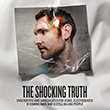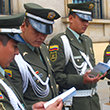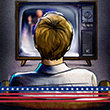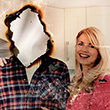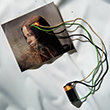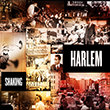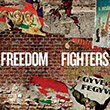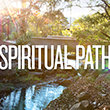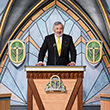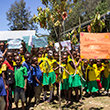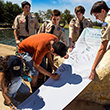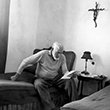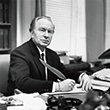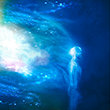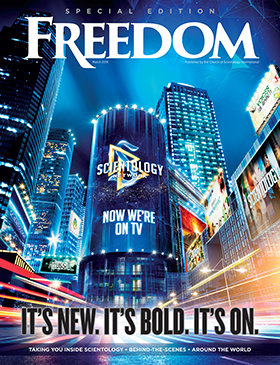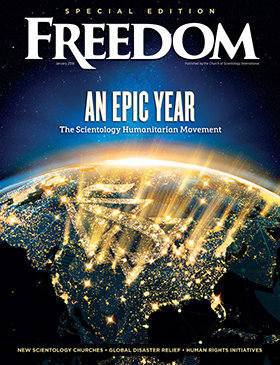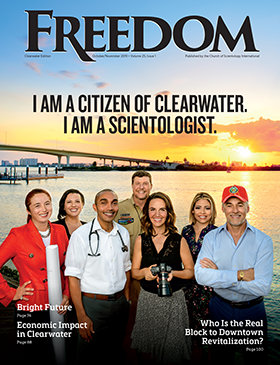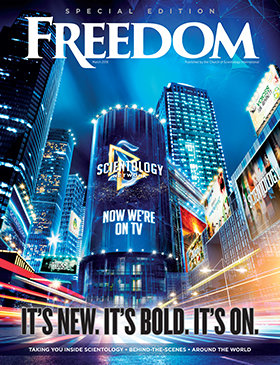
David Bennett’s bright yellow tie was sprinkled with small white lambs, and several times, as he prepared for his speech at the new Advanced Scientology Church for Australia and South Asia, someone commented about it.
He kept his head down, grinning and trudging on. As he moved up a long ramp from the auditorium to where the dedication ceremony was getting underway—a historic event for the Church—he stopped for a moment to catch his breath. As he did, several people suddenly hovered around him.
The fuss was not surprising. The former Australian Solicitor General is also one of the nation’s best known barristers, has served as president of the Australian Bar Association, and been honored for public service time and again. On the Saturday morning before the dedication ceremonies, he made front-page news in Sydney again over yet another high-profile court case victory—another notch in his legal briefcase.
But for Scientologists of Australia, Dr. Bennett holds a special and honored place within their own history—because it was his decision to “understand” Scientology, in order to argue a case before the Australian High Court affirming the Church’s religious credentials.
“What constituted a religion in Australia wasn’t settled law by any means then,” he told Freedom, recounting once more as he waited to speak about the issues the Church confronted in 1983: the right of Scientologists to practice their beliefs in their own homeland without state interference, and the very right of the Church to exist. “We had already lost once (in the lower court) and so we knew we had to win this one. So I studied the religion, to satisfy myself, so I could argue their case.”
Scientology got a foothold in Australia in the late 1950s after a conference of Dianetics, the forerunner of L. Ron Hubbard’s much broader research into the mind and spirit, Scientology. Dianetics’ growth and popularity drew government attention. In the state of Victoria, an investigation and report about the Church ensued—the so-called “Anderson Inquiry.” The government-sponsored, highly prejudicial and discriminatory study, with the backing of Australian’s psychiatric community and other special interests, led to legislation in Victoria that banned Scientology from Australia.
The Psychological Practices Act imposed stiff fines and other penalties—including prison time of up to two years—for the mere possession of Scientology materials. The law authorized police to “break down doors” to root out such materials and arrest parishioners. The law was designed, the press reported, to “stamp out” Scientology, and it also served to encourage negative and bigoted press coverage.
The Church fought the ban for two decades, continuing to grow elsewhere, and the discrimination within the law became increasingly hard for officials in Victoria to justify. The Church’s push for repeal got traction in the late 1970s and amid formal apologies to Church leaders in the United States by the Deputy Premier of Australia, the law was wiped off the books in a repeal in June 1982.
As Dr. Bennett prepared his case against the Victorian government in 1983, he remembered, he learned through his research that Scientology could not be considered anything but a religion.
“The argument that was put forward to the High Court on your behalf was founded on three primary concepts,” he recalled. “That a religion’s beliefs must encompass ‘ultimate’ ideas, such as life and death, man’s role in the universe and a proper moral code of right and wrong; that religious services, ceremonial functions, the existence of clergy … must exist; and, that the group must lay claim to an ultimate and comprehensive truth.
“In the end, this gave only one clear option to the judges for their unanimous decision,” he said, “because these are all certainly true of Scientology, aren’t they?”
He paused a moment to reflect.
“Out of all the wins that I have been involved in, I count your religious victory affirming the authenticity of the Scientology religion as the one that makes me most proud,” he said.
The justices who reviewed Dr. Bennett’s arguments observed that “… [the] conclusion that [the Church] is a religious institution entitled to the tax exemption is irresistible.” They cited the Psychological Practices Act as evidence of a campaign specifically against Scientology, an effort to suppress religious freedom.
The decision—which expanded the definition of a religion in Australia to include specific criteria—has affected positively other religious entities in Australia as well, observers have noted. More importantly to the Church, it set international precedent that would open additional doors for the Church’s expansion, after similar court or administrative rulings, around the world.
These days, Dr. Bennett can summarize its impact quickly.
“The decision projected a more tolerant view,” he said, a smile spreading across his face. “And that was worth the effort.”

